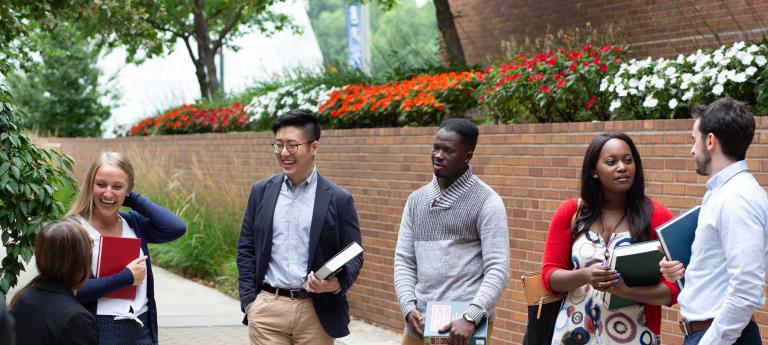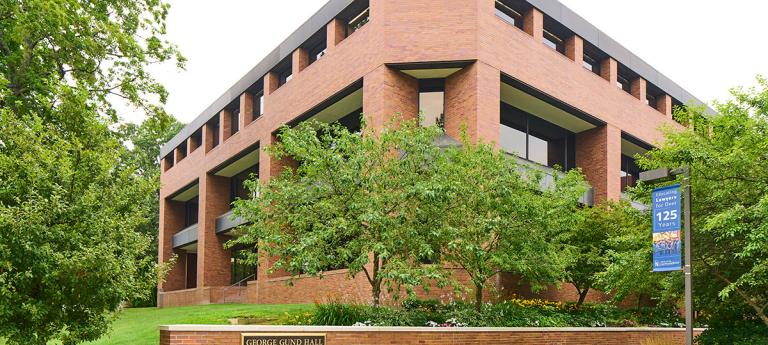What to Expect
Within the first year of your JD program, you’ll take courses at the School of Law on criminal law, civil procedure and law, legislation and regulation. Once admitted into the master’s portion of your dual degree, you’ll supplement your legal courses with fundamental biochemistry courses, including Introduction to Biochemistry: From Molecules to Medical Science and Molecular Biology.
In the following years of your dual-degree program, you can mix and match your biochemistry and legal courses to learn about intellectual property law and the latest developments in the biomedical sciences. You’ll also have an opportunity to pursue an internship at a biotech firm, which allows you to work with clients who are scientists.
At the end of your program, you’ll be required to complete a legal writing requirement and exam.





